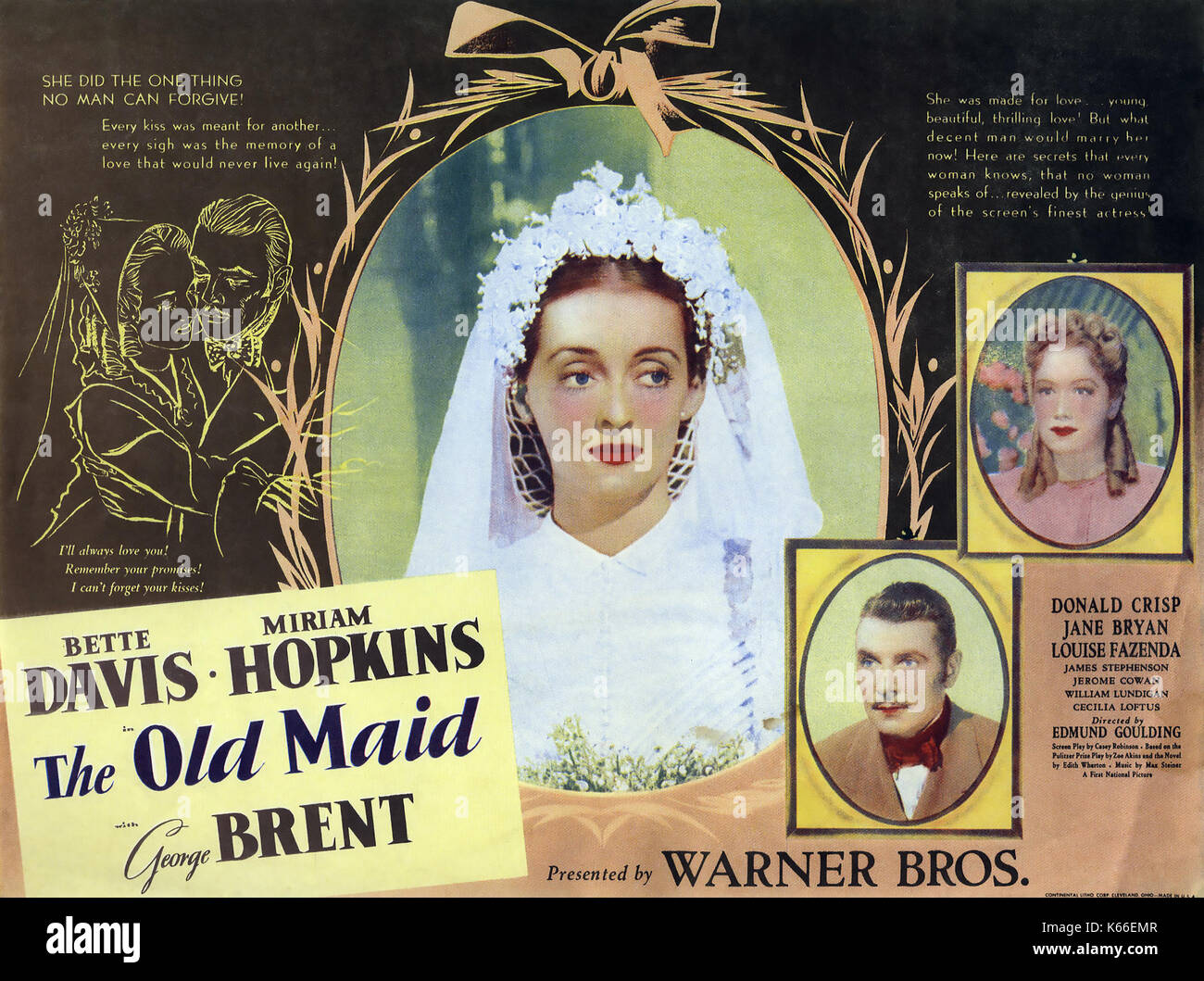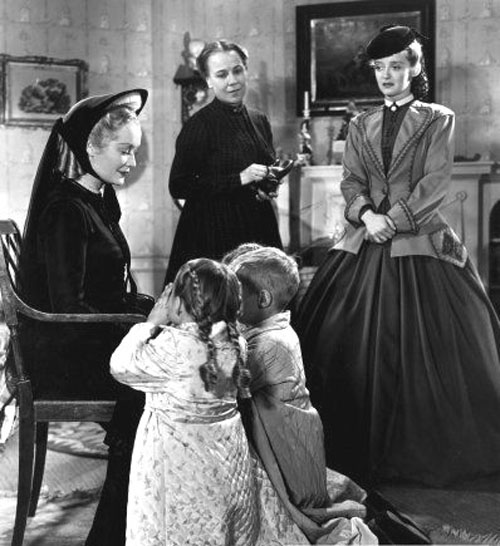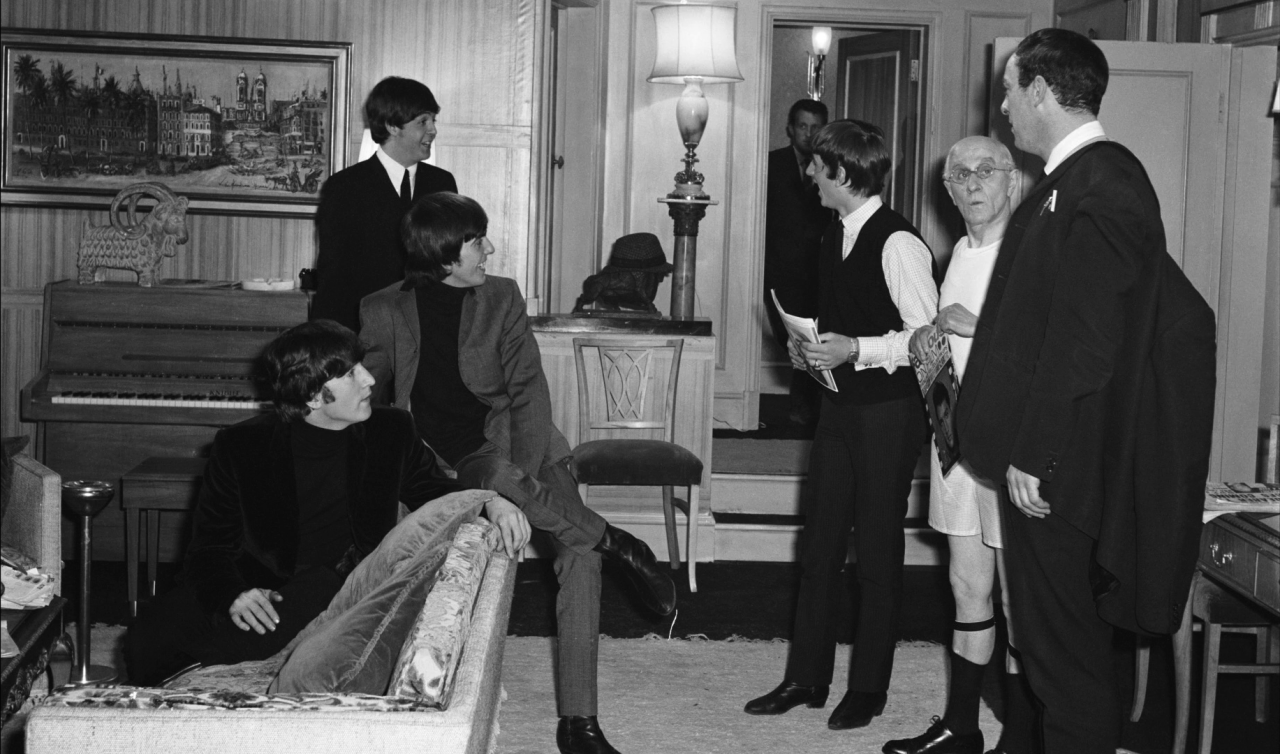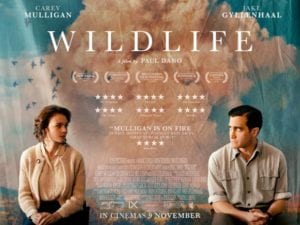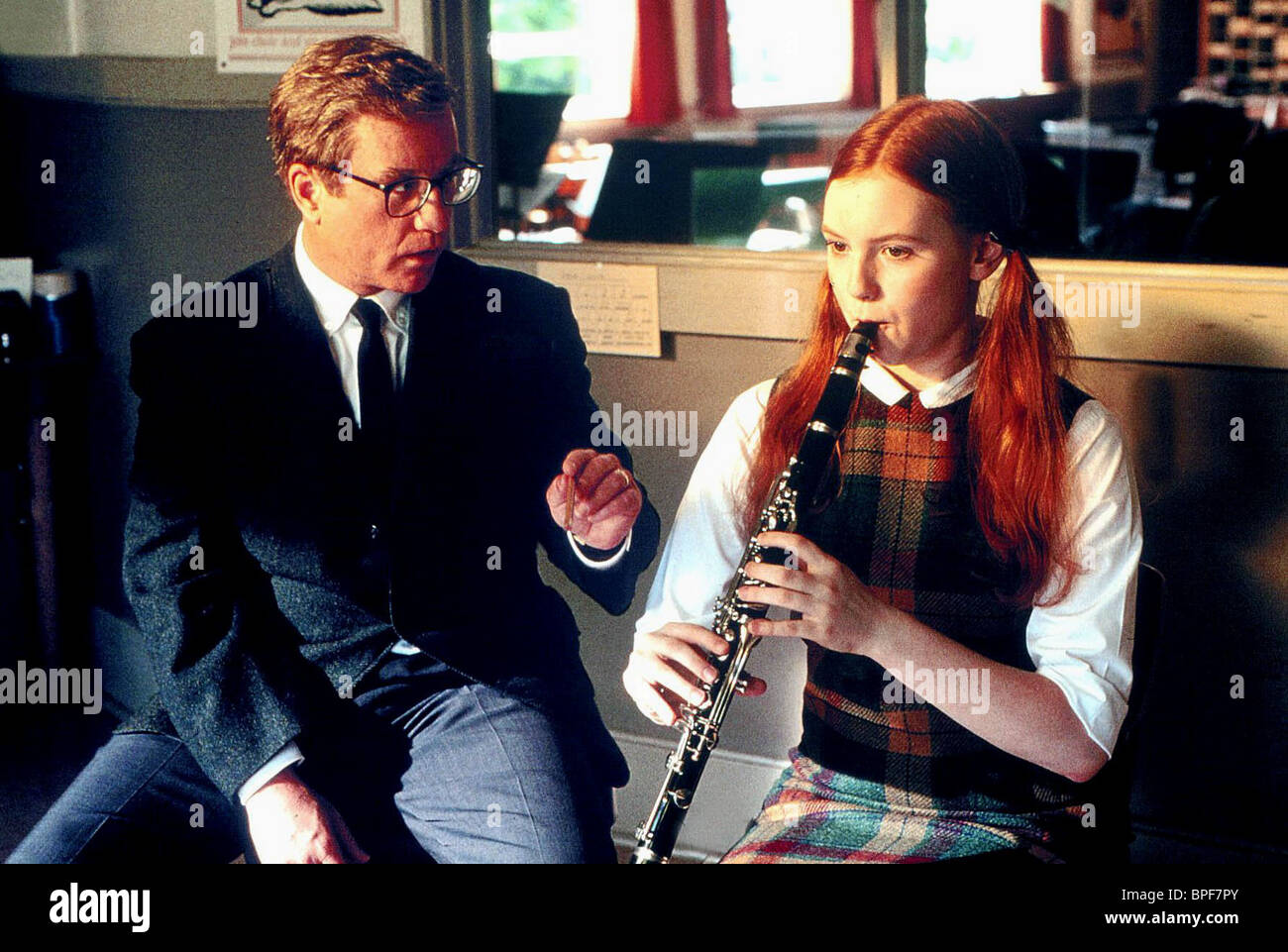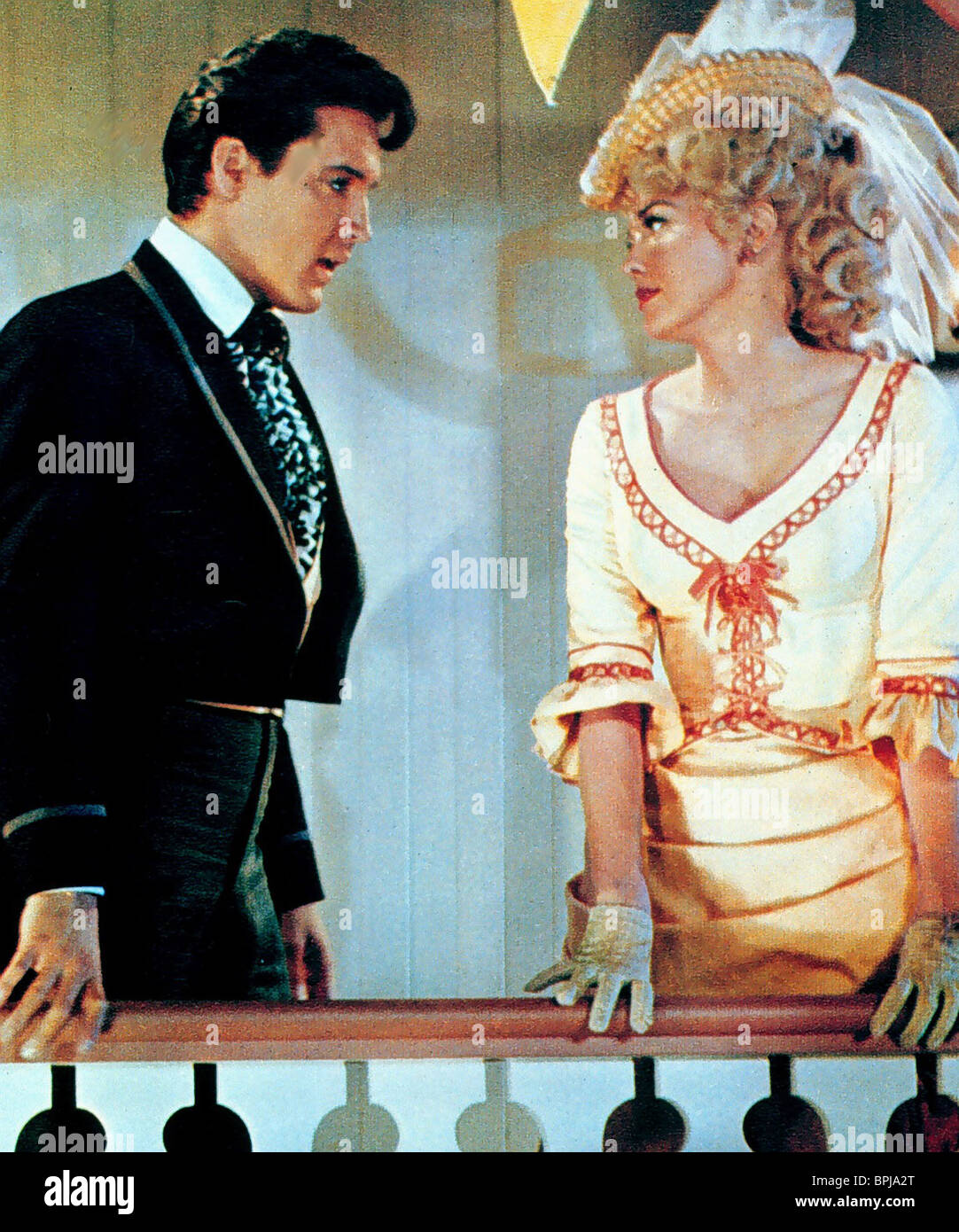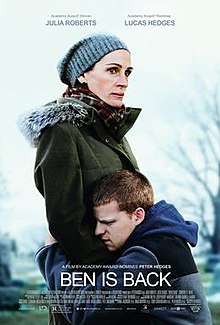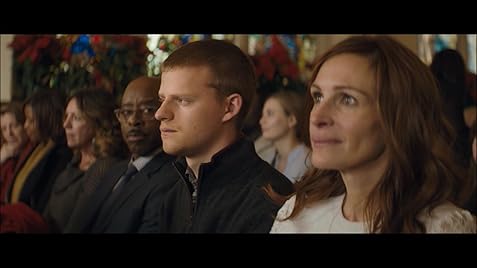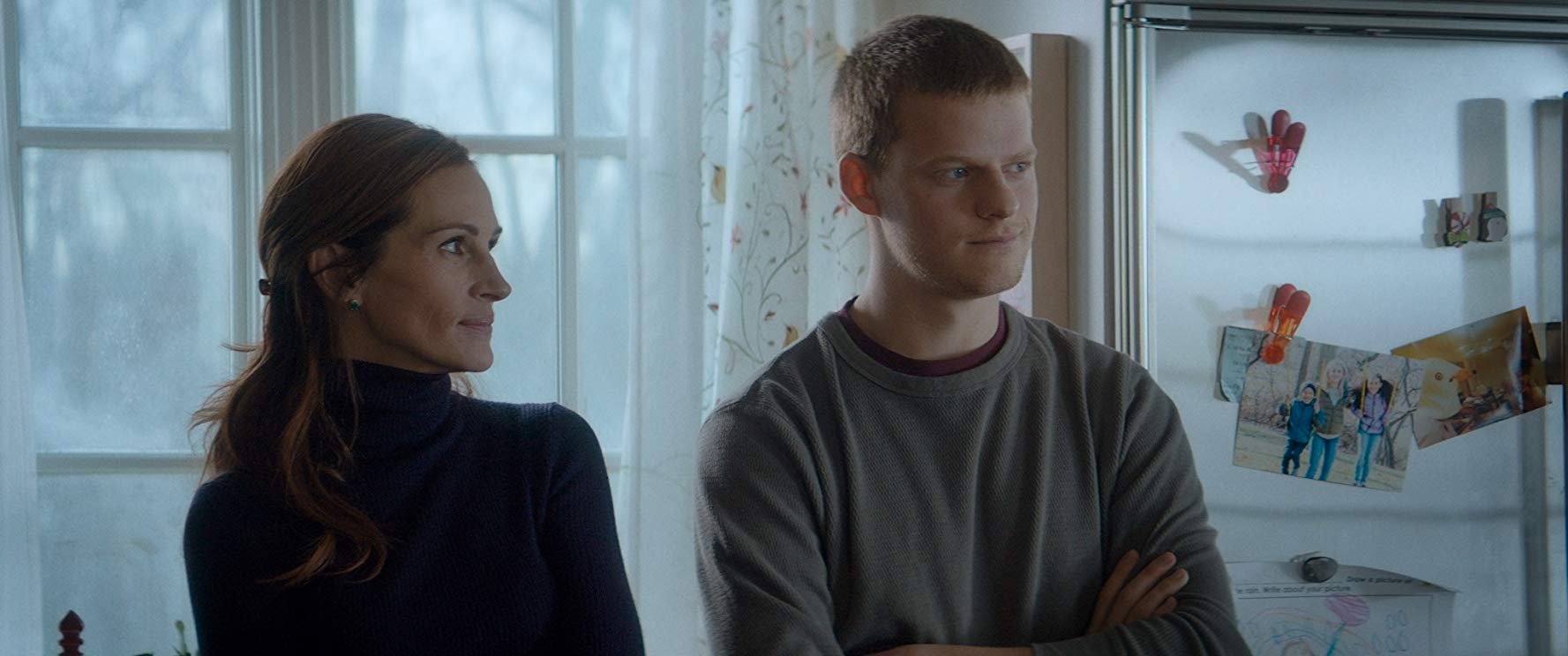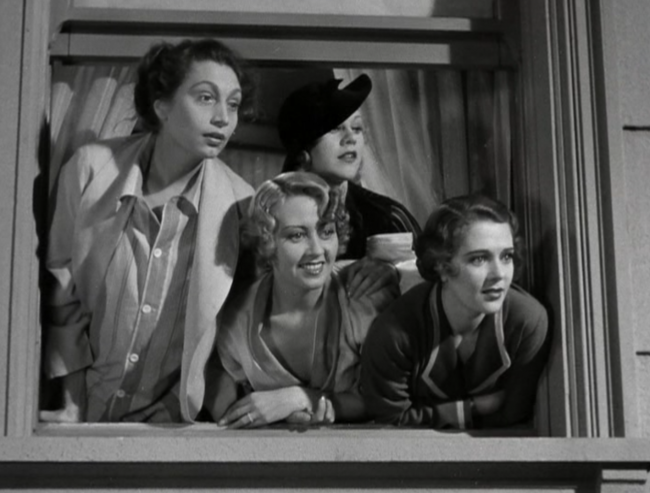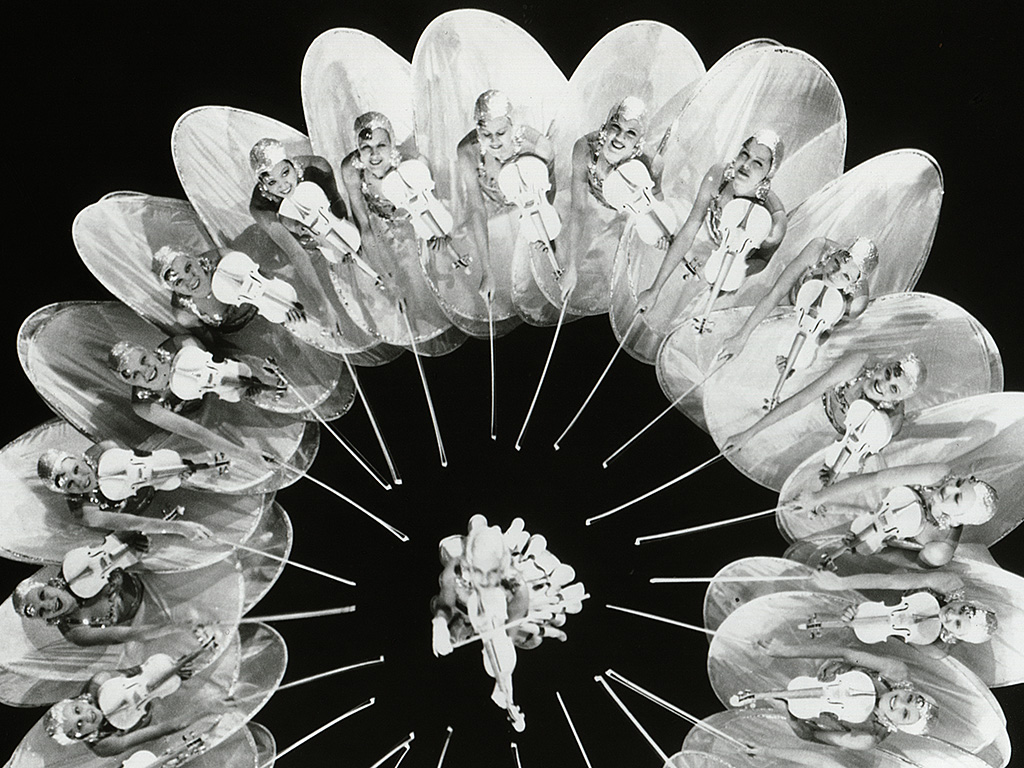Swing Shift
A 1984 drama called Swing Shift is a sweet and nostalgic period piece centered on a romantic triangle that's nothing special, but this film does have a footnote in cinema history as the birth of one of Hollywood's greatest off screen love stories.

The film begins on the day before the Japanese bomb Pearl Harbor where we meet Kay Walsh (Goldie Hawn), a housewife, married to the hard-working Jack (Ed Harris). They live in the same housing complex as Hazel (Christine Lahti), a nightclub singer Jack thinks is trash but Kay is fascinated with, witnessing a lot of the ups and downs Hazel has with her moronic boyfriend Biscuits (Fred Ward). Almost immediately after hearing about Pearl Harbor on the radio, Jack enlists in the Navy and Kay finds herself, along with millions of other women, adrift and not knowing what to do.
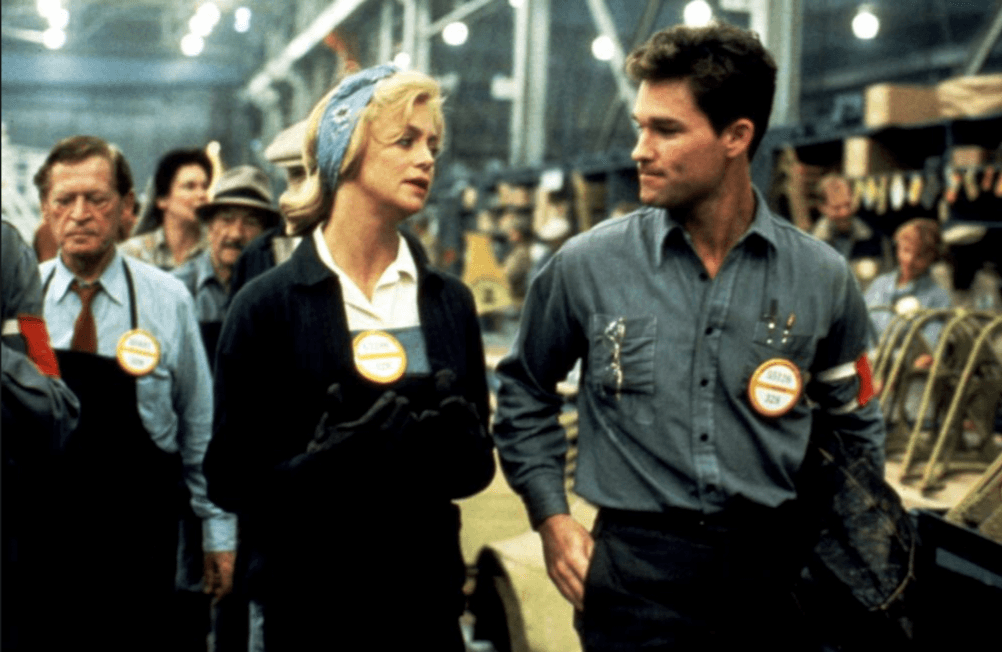
Like millions of other women, Kay and Hazel timidly apply for jobs at the local defense plant where they become "Rosie the Riveters." Kay finds herself attracted to a co-worker named Lucky Lockhart (Kurt Russell) who plays jazz trumpet when he clocks out at the plant. It's not long before Kay finds herself in a passionate affair with Lucky and just when things with the couple seem to be on solid ground, Jack gets a 48-hour pass from the Navy and can't wait to be with his wife.

Director Jonathan Demme and screenwriter Nancy Dowd have mounted an attractive period romance, awash in 1940's settings and costumes which give the film a dash of originality that it doesn't really deserve, but it's what happened off the set that made history. Goldie Hawn and Kurt Russell first met on the set of a 1968 Disney musical called The One and Only Genuine Original Family Band, in which Goldie made her film debut billed as "Giggling Dancer" and Kurt, still a kid at the time, had a starring role. Sixteen years later, they were signed to make this film together. Sparks flew on the set, they fell in love, and they have been together ever since. They never married, but they have been together ever since making this movie.

There is no denying the chemistry between Kurt and Goldie in this movie. It aids in making this movie seem a lot better than it is. Christine Lahti's intelligent turn as Hazel is also a big plus, a performance that earned her a Best Supporting Actress nomination, the only nomination the film earned. Harris and Ward are solid as well, and if you don't blink you'll also catch future Oscar winner Holly Hunter, Chris Lemmon, and Stephen Tobolowsky in his second feature film. The chemistry between Kurt and Goldie does raise the bar on this one.
A 1984 drama called Swing Shift is a sweet and nostalgic period piece centered on a romantic triangle that's nothing special, but this film does have a footnote in cinema history as the birth of one of Hollywood's greatest off screen love stories.

The film begins on the day before the Japanese bomb Pearl Harbor where we meet Kay Walsh (Goldie Hawn), a housewife, married to the hard-working Jack (Ed Harris). They live in the same housing complex as Hazel (Christine Lahti), a nightclub singer Jack thinks is trash but Kay is fascinated with, witnessing a lot of the ups and downs Hazel has with her moronic boyfriend Biscuits (Fred Ward). Almost immediately after hearing about Pearl Harbor on the radio, Jack enlists in the Navy and Kay finds herself, along with millions of other women, adrift and not knowing what to do.

Like millions of other women, Kay and Hazel timidly apply for jobs at the local defense plant where they become "Rosie the Riveters." Kay finds herself attracted to a co-worker named Lucky Lockhart (Kurt Russell) who plays jazz trumpet when he clocks out at the plant. It's not long before Kay finds herself in a passionate affair with Lucky and just when things with the couple seem to be on solid ground, Jack gets a 48-hour pass from the Navy and can't wait to be with his wife.

Director Jonathan Demme and screenwriter Nancy Dowd have mounted an attractive period romance, awash in 1940's settings and costumes which give the film a dash of originality that it doesn't really deserve, but it's what happened off the set that made history. Goldie Hawn and Kurt Russell first met on the set of a 1968 Disney musical called The One and Only Genuine Original Family Band, in which Goldie made her film debut billed as "Giggling Dancer" and Kurt, still a kid at the time, had a starring role. Sixteen years later, they were signed to make this film together. Sparks flew on the set, they fell in love, and they have been together ever since. They never married, but they have been together ever since making this movie.

There is no denying the chemistry between Kurt and Goldie in this movie. It aids in making this movie seem a lot better than it is. Christine Lahti's intelligent turn as Hazel is also a big plus, a performance that earned her a Best Supporting Actress nomination, the only nomination the film earned. Harris and Ward are solid as well, and if you don't blink you'll also catch future Oscar winner Holly Hunter, Chris Lemmon, and Stephen Tobolowsky in his second feature film. The chemistry between Kurt and Goldie does raise the bar on this one.









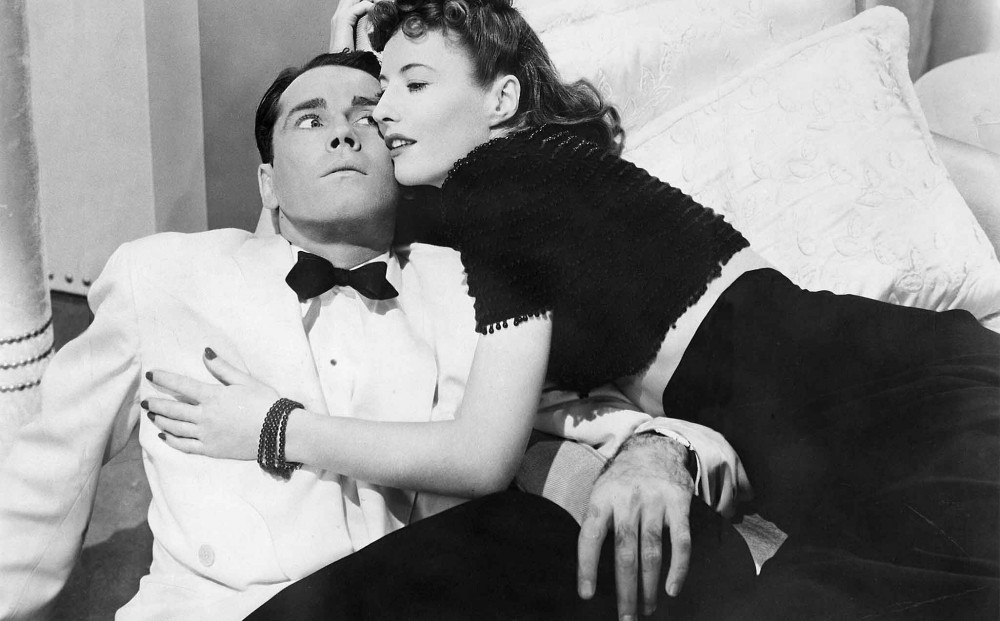
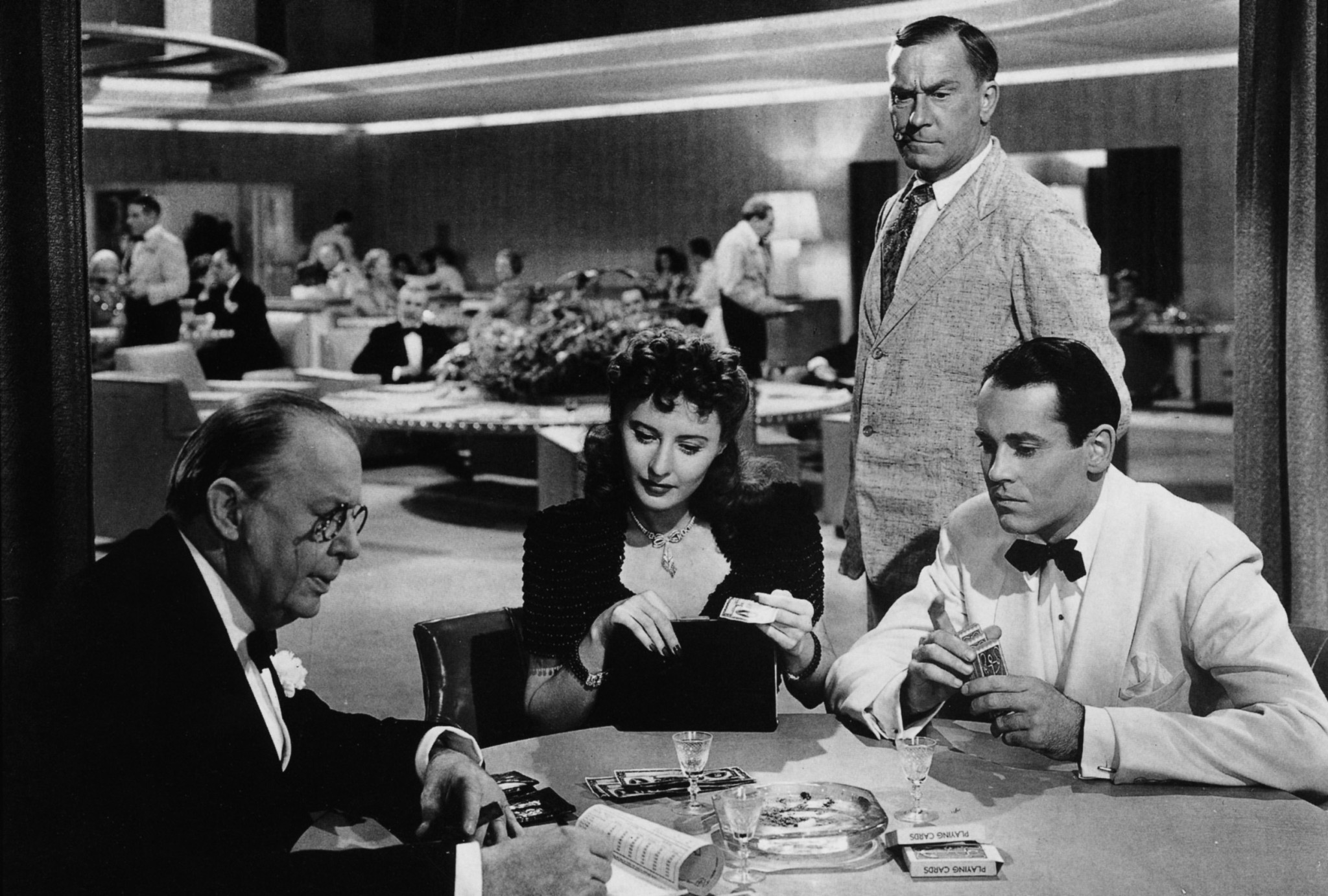
 you watched this, that's cool...Two of Preston Sturges best films are:
you watched this, that's cool...Two of Preston Sturges best films are:



